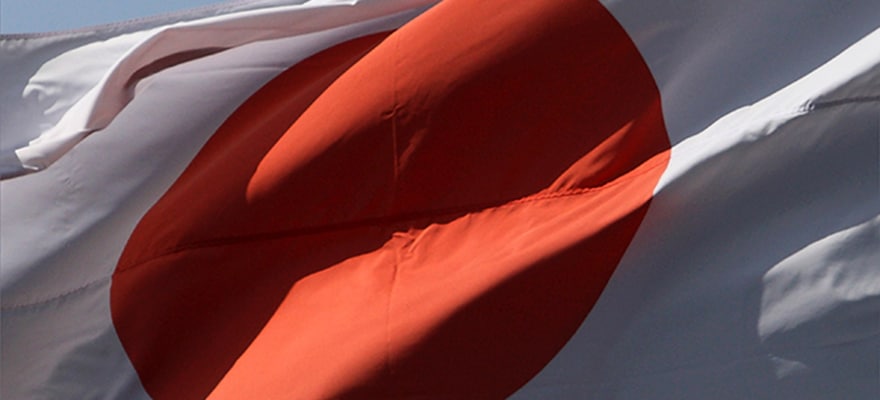Three individuals are being investigated by Japanese police over their alleged involvement in a Cryptojacking scheme, according to the Mainichi.
The suspects allegedly mined a cryptocurrency called Monero from people's computers without their consent. If police press charges, this will be the first such criminal case in Japan.
Background
Monero is a cryptocurrency that ensures user anonymity by obfuscating the addresses of all parties to a transaction. It is one of the bigger coins, with a market cap of $1.9 billion according to coinmarketcap.com. Along with other anonymous coins like Zcash and DASH, in the view of the Japanese authorities, it is a tool for criminals to launder money. As a result of this, Monero was removed from local cryptocurrency Exchange Coincheck after a major theft took place in January.
Another characteristic of Monero is that it can be mined using a standard home computer. This has led to it becoming a favoured tool for crypto jacking - that is when hackers install malware on a victim's computer to mine cryptocurrency for them. In March, a flaw in a Linux application left an opening for $75,000 worth of Monero to be harvested by hackers in this way, and in May, another virus was reported that not only mines the coin from your computer but will crash your computer if you attempt to remove it.
The suspects allegedly used software called Coinhive in their scheme. Coinhive is software which people can integrate into their websites to give users the chance to mine Monero. It is a legitimate service - used by UNICEF Australia to raise money, for example - but it is often used by hackers to mine from visitors' computers without their knowledge.
One security company said that from January to March of this year, 181,376 terminals were running mining software in Japan, compared to 767 in the same period last year.
Japanese authorities are eager for international help to crack the problem. An official from the national watchdog told the Mainichi last month: “It’s nearly impossible for Japan to handle the problem alone. Even if trade is restricted to only domestic transfers or monitoring is enhanced, it’s still not enough to counter money laundering. It would be best if all the group of 20 industrial and emerging nations and regions (G-20) would take the same steps toward prevention.”
The case
Police claim that this current scheme has been going on since autumn 2017. It is investigated by police departments from a number of prefectures in central Japan. As things stand, the suspects have been fined 100,000 yen for illegal storage of a computer virus.
They claim innocence of the charges, saying that the programme "uses a method similar to distributing advertisements online," according to the report.


















